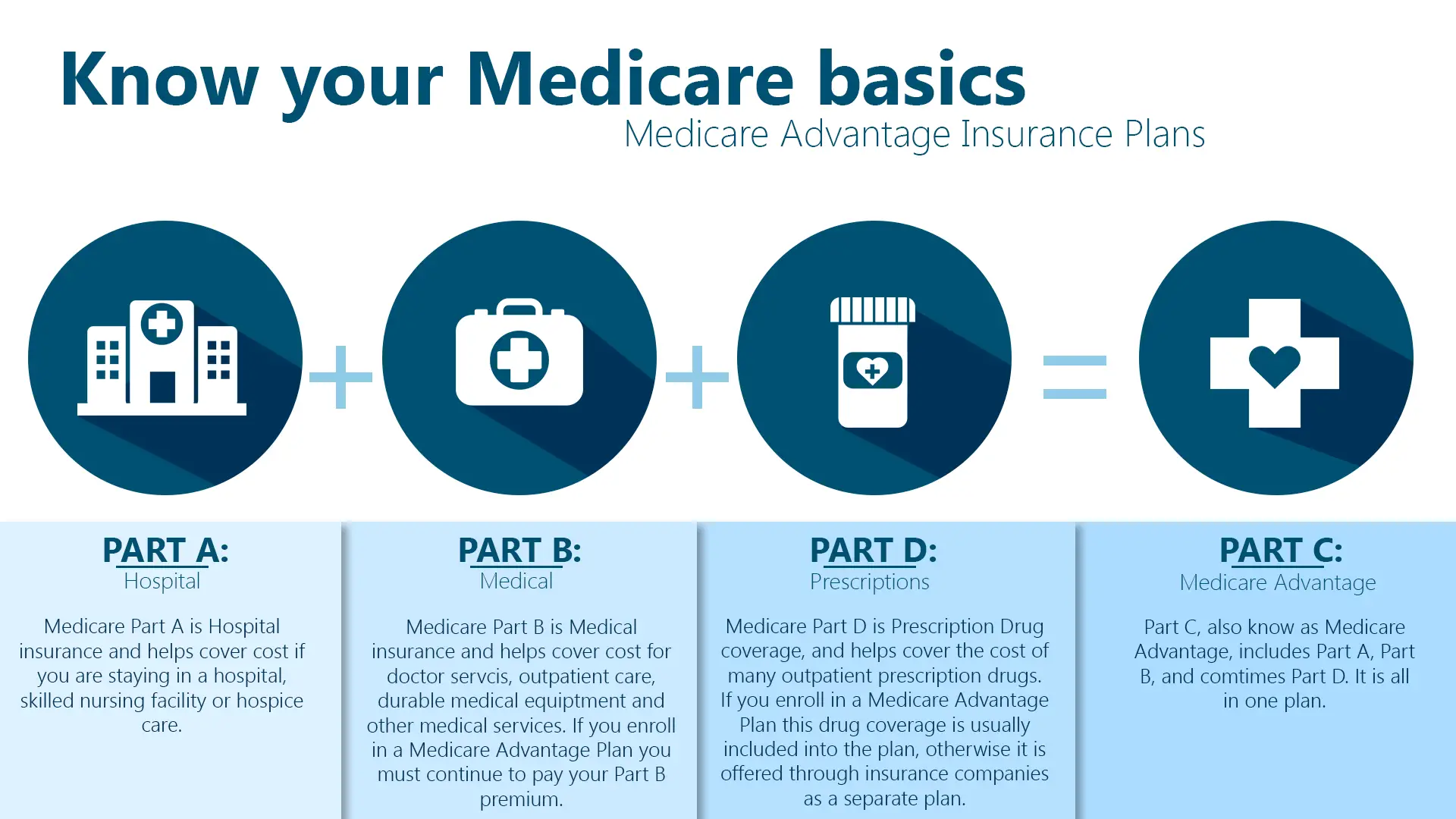As a Medicare beneficiary, understanding what services and procedures are covered by your plan is crucial to managing your healthcare costs effectively. With the complexities of Medicare coverage, it can be challenging to determine whether a specific procedure will be covered or not. In this comprehensive guide, we’ll explore the essential steps to help you navigate the Medicare coverage landscape and ensure you have the information you need before undergoing any medical procedure.
Step 1: Consult with Your Healthcare Provider
The first and most important step is to communicate openly with your healthcare provider about the procedure you need. Ask them to explain why the procedure is necessary and whether they believe Medicare will cover it. Your healthcare provider has a deep understanding of Medicare’s coverage guidelines and can provide valuable insights based on their experience and expertise.
Step 2: Utilize Medicare’s Online Resources
Medicare offers a wealth of information on its website, making it easier for beneficiaries to explore coverage details. Here are some valuable resources at your disposal:
-
Medicare.gov/coverage: This comprehensive online tool allows you to search for specific tests, items, or services to see if they are covered by Medicare. It provides detailed information on coverage rules, eligibility criteria, and any applicable limitations or restrictions.
-
“Medicare & You” Handbook: This annual publication from Medicare serves as a valuable reference guide. It includes general lists of services covered under Medicare Part A (Hospital Insurance) and Part B (Medical Insurance), as well as information on Original Medicare, Medicare Advantage Plans, and Medicare drug coverage.
Step 3: Understand Medicare’s Coverage Criteria
Medicare typically covers services and items it considers “medically necessary” for treating a disease or condition. However, several factors influence what Medicare covers, including:
-
Federal and State Laws: Certain federal and state laws outline the scope of Medicare benefits and the services providers are licensed to offer.
-
National Coverage Determinations: Medicare makes decisions on whether to cover specific items or services nationwide.
-
Local Coverage Determinations: In each state, local companies that process Medicare claims determine if an item or service is medically necessary and should be covered in that area based on Medicare’s rules.
Additionally, Medicare may only cover certain items or services in specific settings or for individuals with certain conditions. For example, some surgeries like organ transplants can only be performed in approved hospitals.
Step 4: Understand Your Cost Responsibilities
Even if Medicare covers a procedure, you may still be responsible for certain costs, such as deductibles, coinsurance, or copayments. To estimate your potential out-of-pocket expenses, consider the following:
- Check your “Medicare Summary Notice” to see if you’ve met your deductible for Part A (for hospital stays) or Part B (for outpatient services).
- If you have supplemental insurance, such as a Medicare Supplement (Medigap) plan, Medicaid, or an employer-sponsored retiree plan, contact them to understand how they will contribute to your costs.
- For Medicare Advantage or other Medicare health plans, contact the plan directly for cost information specific to your procedure.
- Ask the hospital or facility for the copayment amount associated with your specific procedure, keeping in mind that unexpected services may increase your costs.
Step 5: Seek Advance Beneficiary Notice (ABN)
If your healthcare provider believes Medicare may not cover a specific item or service in your case, they must provide you with an Advance Beneficiary Notice of Noncoverage (ABN). This notice outlines your options and financial responsibilities. Read the ABN carefully to understand the potential costs and make an informed decision about whether to proceed with the service or procedure.
By following these steps and actively engaging with your healthcare provider, Medicare resources, and supplemental insurance providers, you can gain a comprehensive understanding of whether your procedure is covered by Medicare and what your potential out-of-pocket costs may be. Proactive communication and research can help you make informed decisions about your healthcare and avoid unexpected financial burdens.
Will Medicare Cover My Procedure? | Everything You Need to Know
FAQ
What procedures will Medicare not pay for?
How does Medicare determine what is covered?
Does Medicare cover all surgeries for seniors?
Is there a way to verify Medicare coverage?

